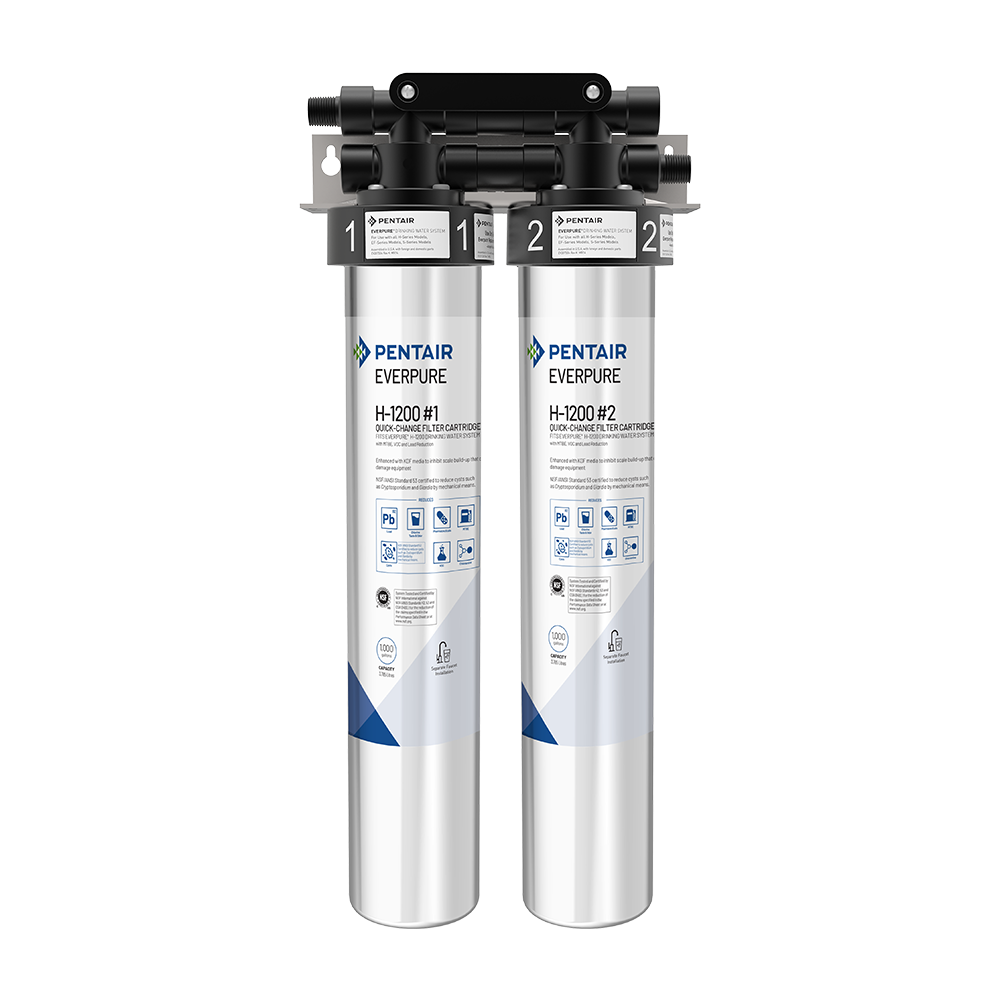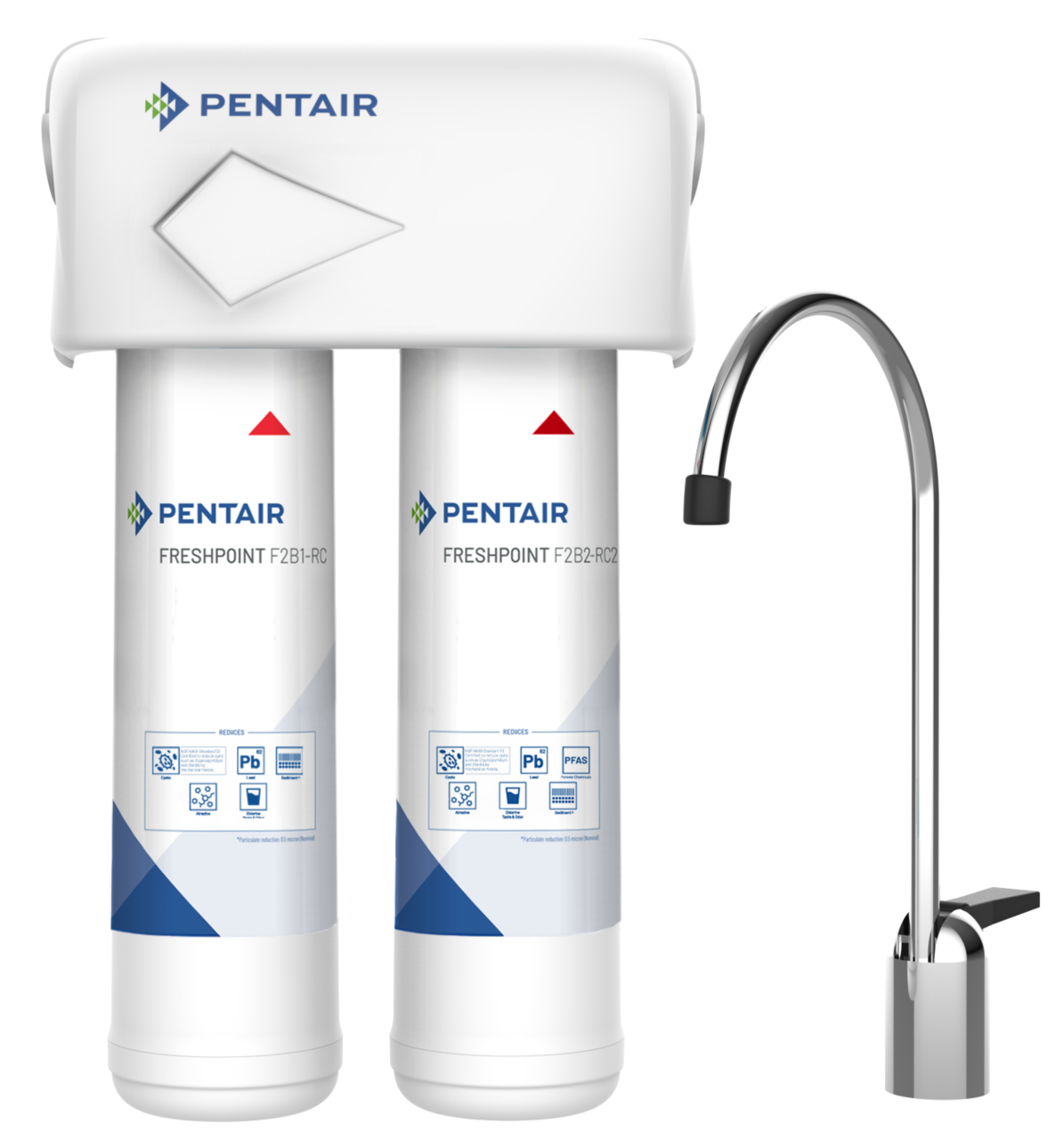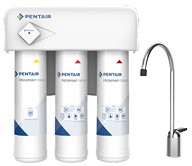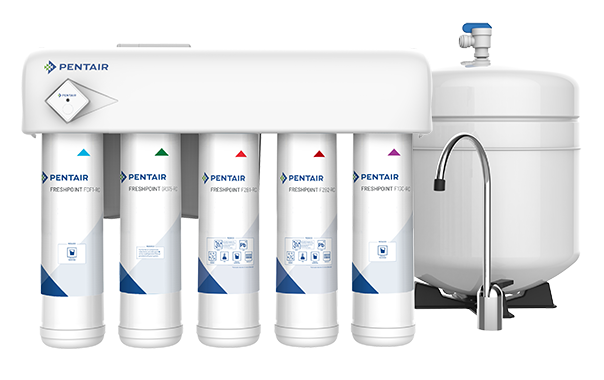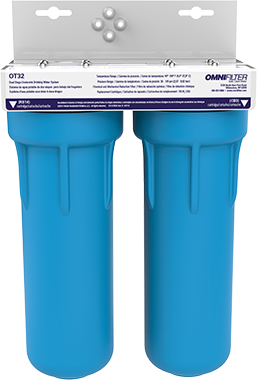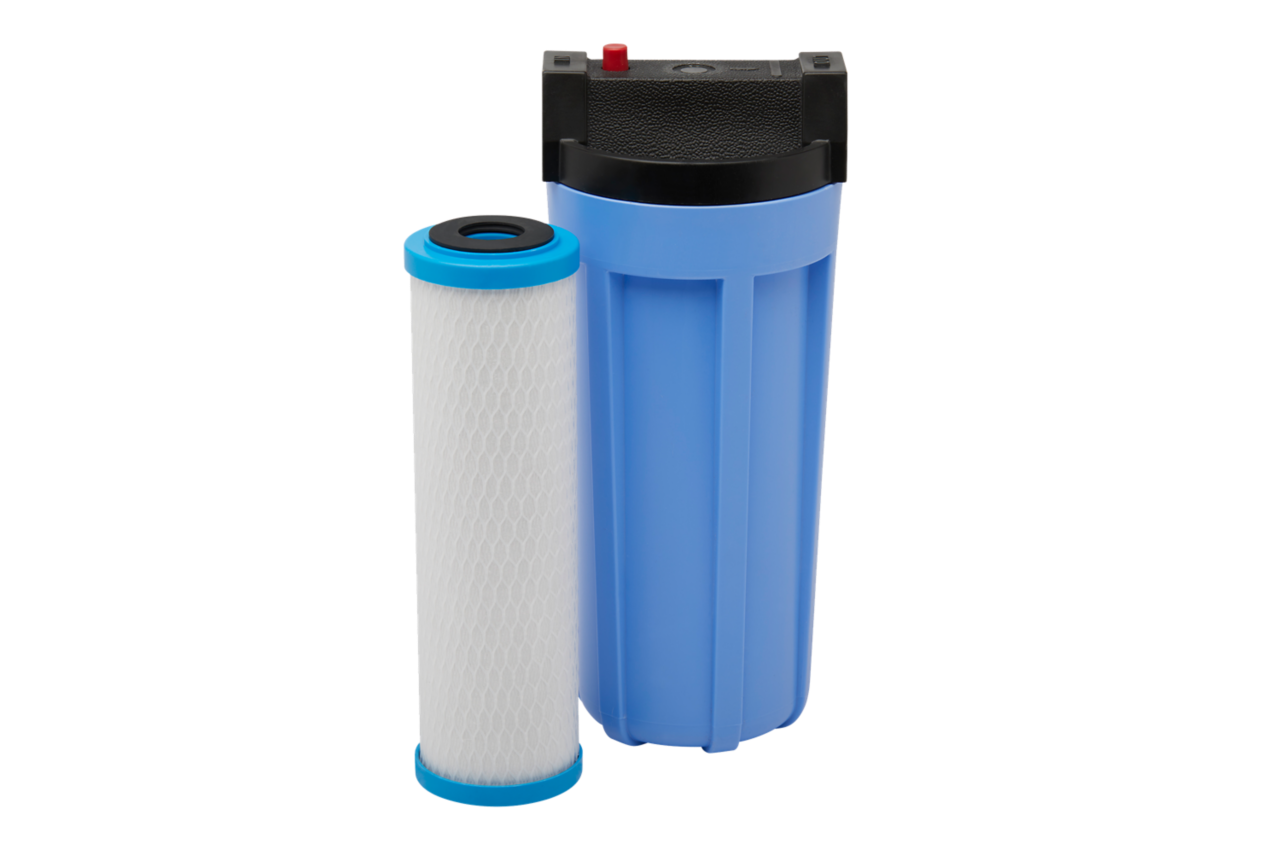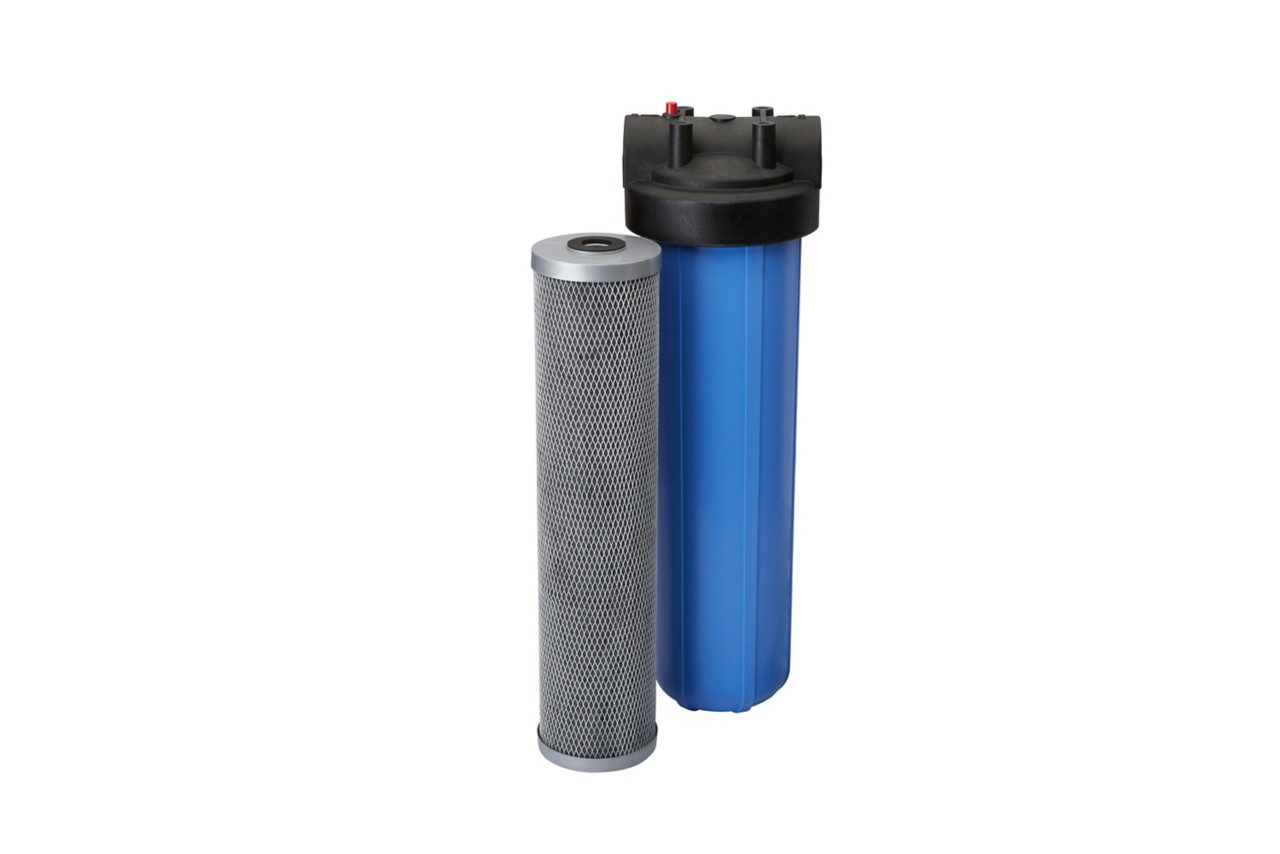Stop Wasting Water and Money. FIND A LOCAL PRO
What Are PFAS Contaminants?
But hold up — why should you care about PFAS in water? Scientists don't know for sure what type of harm they cause humans, but because they take years to degrade, they're found in nearly everyone's body. In fact, the U.S. Centers for Disease Control and Prevention has found over 12 PFAS in people's blood serum, indicating widespread exposure across the country.
Having these chemicals in your body can be worrisome, simply because there's so much unknown about their long-term effects. That's why water filtration for PFAS is so important. It eases your fears and helps you feel more comfortable drinking from your tap.
Why Are PFAS A CONCERN?
In recent years, there has been growing awareness and concern over PFAS and the potential health implications that could occur as a result of exposure to these pollutants.
PFOA and PFOS are commonly known as “forever chemicals” because they do not easily degrade. This, combined with their widespread use, means that PFAS are present virtually everywhere in the environment. They have been found in the blood of people and animals, and at low levels in a variety of food products.
According to CDC Agency for Toxic Substances and Disease Registry, scientific studies have shown that exposure to some PFAS in the environment may be linked to harmful health effects in humans and animals.
Where Do PFAS Come From?
Pretty much any product that features water-repellency contains PFAS. According to the EPA, some conventional products that feature PFAS include firefighting foam, non-stick pans, pizza boxes, fast food wrappers, cleaning products, polishes, cosmetics, shoes, and clothing.
But how do PFAS get in our water? Significant sources of PFAS contamination in the environment are sites where manufacturers illegally dump PFAS into sources of water. Also, when landfills contain PFAS, it's common for them to seep into groundwater. It can also happen when PFAS-containing products are burnt in incinerators.
How to reduce PFOA/PFOS in drinking water
Water filtration for PFAS is one of the best ways to reduce levels of these contaminants in your water supply. For the best water filter for PFAS, look no further than Pentair. Pentair carries affordable water filtration systems that are certified to reduce PFOS and PFOA concentrations in your drinking water by up to 98 percent when used as directed. Removing PFAS from water has never been easier.

Enjoy great tasting, higher quality water
Peace of mind through tested and certified products to highest quality standards.

Protect From Contaminants
Commitment to filtration products designed to reliably address PFOA and PFOS.

FILTERS GUARANTEED THIRD-PARTY TESTED
Guided by EPA and NSF standards, we certify our products through IAPMO.

IN-HOUSE
WATER LABs
Committed to advancing R&D and expertise in filtration products.
Products
Under Sink
Whole House
How to Test Your Water for PFAS
To know what PFAS are in your water, you'll want to get an independent test done by a state-certified drinking water laboratory. The EPA has a list of state labs that can help.
Keep in mind that all public water systems test their water regularly. However, if you're one of the 15 percent of the U.S. that has a private drinking water well, having these tests done can help you know what type of water filter to get for PFAS.
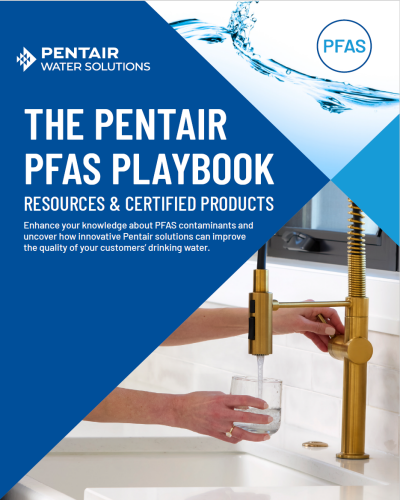
Become the PFAS Expert Your Customers Need
You have the opportunity to make a difference by proactively offering your customers certified products and solutions that effectively reduce PFAS contaminants from their home water. Download our FREE PFAS Playbook for expert insights and proven solutions around this hot topic.




